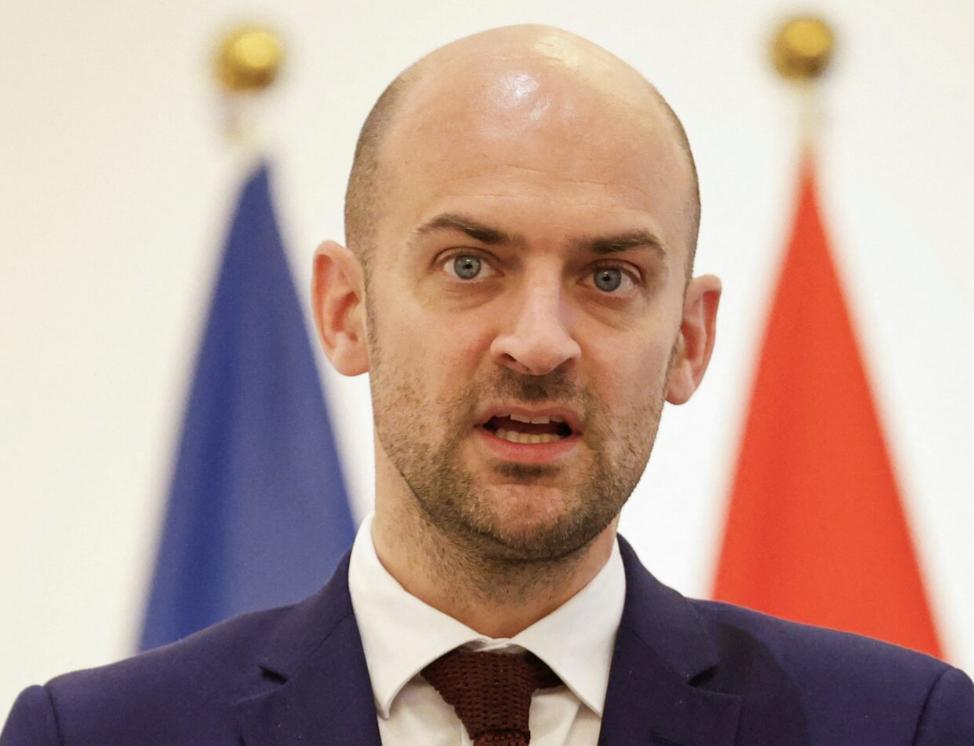
Israel’s actions have turned Gaza into a place for dying: France
The ongoing conflict between Israel and Palestine has been a pressing concern for the international community. The situation in Gaza has been particularly dire, with countless civilians caught in the crossfire and struggling to access basic necessities like food, water, and medical care. In recent days, the situation has only grown more dire, with reports of widespread destruction and loss of life.
France has been one of the most vocal critics of Israel’s actions in Gaza, with French Foreign Minister Jean-Noel Barrot speaking out strongly against the Israeli government’s handling of the crisis. On Tuesday, Barrot stated that Israel’s easing of humanitarian aid access to Gaza was insufficient, saying that the situation was “unsustainable” and that Gaza had been turned into “a place for dying, not to say a cemetery.”
Barrot’s comments came as Israel launched a new military offensive in Gaza, with airstrikes and artillery fire targeting Palestinian militant groups and their infrastructure. The Israeli military claims that the offensive is necessary to disrupt the flow of weapons and fighters into Gaza, but critics argue that the operation is causing unnecessary harm to civilians and exacerbating the humanitarian crisis.
The situation in Gaza is indeed dire, with an estimated 2 million people living in the coastal strip, which has been under Israeli blockade since 2007. The blockade has made it incredibly difficult for Gazans to access basic necessities like food, medicine, and clean water, and the economy has been devastated as a result.
The humanitarian crisis in Gaza was already severe before the latest Israeli offensive, with the United Nations warning that the situation was “on the brink of collapse.” The World Health Organization has reported that Gaza’s healthcare system is on the verge of collapse, with many hospitals and medical facilities damaged or destroyed in recent years.
The lack of access to medical care is one of the most pressing concerns in Gaza, with many Palestinians unable to access the treatment they need due to the blockade and the ongoing violence. The World Health Organization has reported that Gaza’s hospitals are struggling to cope with the influx of wounded patients, and that many medical staff are working without pay or adequate equipment.
The situation is further complicated by the fact that Gaza is home to a large population of refugees, many of whom have been displaced multiple times in recent years due to the conflict. The refugees are often living in squalid conditions, with limited access to basic necessities like food, water, and sanitation.
Barrot’s comments were echoed by other European leaders, who have also expressed concern about the situation in Gaza. The European Union has called for an immediate ceasefire and for both sides to return to negotiations, but so far, there is no indication that the conflict will be resolved anytime soon.
The international community has been criticized for its inaction in the face of the humanitarian crisis in Gaza. While some governments have expressed concern and called for a ceasefire, few have taken concrete action to address the crisis.
France, however, has taken a strong stance on the issue, with Barrot warning that there would be consequences if the new offensive on Gaza doesn’t stop. The French government has also pledged to provide additional aid to Gaza, including food, medicine, and shelter.
The situation in Gaza is a stark reminder of the need for international action to address the crisis. It is imperative that world leaders come together to find a solution to the conflict and to provide humanitarian aid to those in need.
Sources:



